It is forecasted that in 2023, the heat wave will likely be severe, the demand for clean water in production and daily life of people during the hot season will increase, therefore, clean water suppliers in the province are overcoming difficulties and implementing measures to provide safe and quality water.
It is forecasted that in 2023, the heat wave will likely be more severe, and the demand for clean water in production and daily life of people during the hot season will also increase compared to previous years. In order to meet the people's demand for clean water, water supply units in the province are overcoming difficulties and implementing measures to provide safe and quality water.
The Rural Water and Sanitation Joint Stock Company currently manages and operates 30 water supply projects, supplying water to over 70,000 households in 38 communes in the province. Currently, the number of households that have installed water meters is over 64%, the number of households that have used the Company's clean water is over 47% of the households in 38 communes.
With a large number of customers and a large area, while people's demand for water during the hot season is higher than at other times of the year, the pressure to provide enough quantity and ensure water quality for the Company is very large.
A representative of the Rural Water and Sanitation Joint Stock Company said: In recent years, during the dry season in Kim Son district, saline intrusion often occurs, penetrating very deep through the Day and Can river mouths.
At some point, many water supply projects and factories in Kim Son, Yen Khanh, and Yen Mo districts cannot get water when the salinity level is too high. Some projects in the mountainous areas of Nho Quan district also often lack water during the dry season, especially during prolonged hot weather, local water shortages often occur, affecting people's water needs.
Another difficulty during this year's hot season is that the power shortage is expected to increase due to the dead water level in hydroelectric reservoirs. The power source for water supply production is unstable, and power outages and voltage drops are likely to occur during peak hours, affecting production activities.
In addition, in some rural areas, people still use two water sources, some customers also exploit water, causing loss of water output. In order to ensure adequate water supply in both quality and quantity for customers, the Company has proactively developed a water supply plan during the peak hot season. Regularly inspect, maintain and repair machines and equipment of existing water plants.
At the same time, develop a water supply plan in case of power outage. The company has also been mobilizing investment capital to upgrade sources, renovate the pipeline network, and reduce water loss. Direct stations to assign staff to regularly closely monitor the situation of high tides and saltwater intrusion, determine the time when the water source ensures quality to proactively store water in the sedimentation pool, and ensure sufficient water supply for clean water production in case of deep saltwater intrusion.
In addition, the Company proactively innovates management and operations; continues to invest, expand production, expand markets, increase the proportion of people using clean water, improve product quality and services to customers in rural areas. In addition to clean water supply units in urban areas, there are currently 59 concentrated rural clean water supply works in the province with a capacity of 100 m3/day and night or more in operation.
Mr. Trinh Quang Dong, Director of the Center for Clean Water and Rural Environmental Sanitation (Department of Agriculture and Rural Development) said: To ensure the source of domestic water for people during the hot season this year, the Center directed companies, enterprises, and units managing rural domestic water supply works in the province to strengthen management, have appropriate technical solutions, overcome leakage problems, and divide water supply zones to ensure the supply of domestic water for people in sufficient quantity and quality.
Fulfill commitments when receiving projects; speed up the progress of upgrading and expanding water supply systems villages for and hamlets, especially those at risk of domestic water shortages. In addition, regularly control and monitor the quality of input and output water, promptly fix problems, and ensure stable water supply in terms of flow and quality to customers.
In addition, the Center also requested communes, wards, towns, and related units to closely coordinate with clean water supply units in protecting the water supply system and input water sources; regularly inspect the operations of local water supply units, request corrections and improvements in service quality; strictly handle violations in water supply activities, especially cases of water theft and sabotage of water supply pipeline networks according to the provisions of law...
Coordinate to promote propaganda and mobilize people to proactively use water economics, have measures to store water safely and effectively, protect the environment, contribute to reducing climate change in general and saltwater intrusion in particular.
Article and photos: Hong Giang
Source link












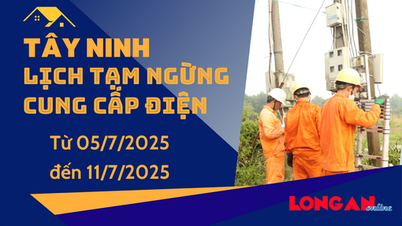

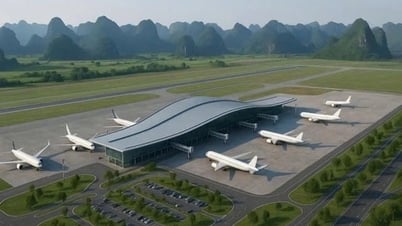


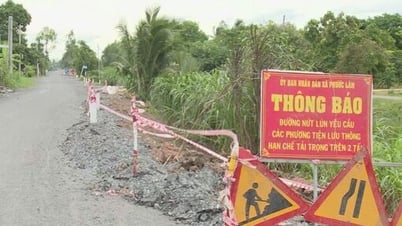

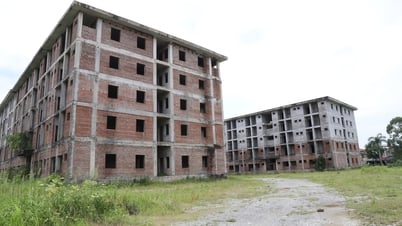
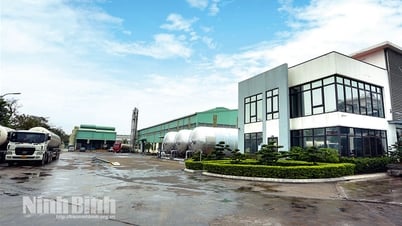
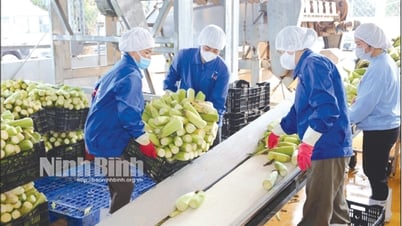
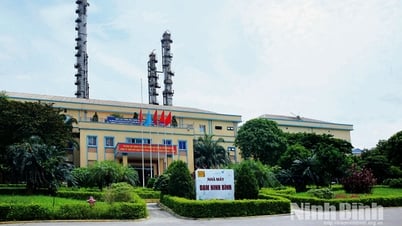
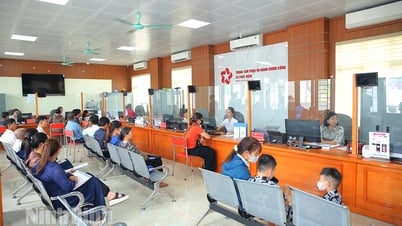




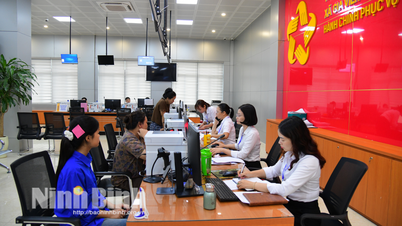
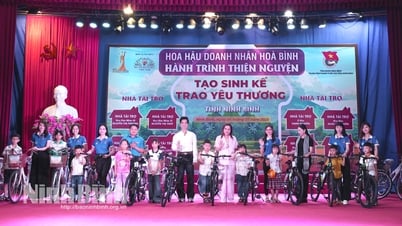
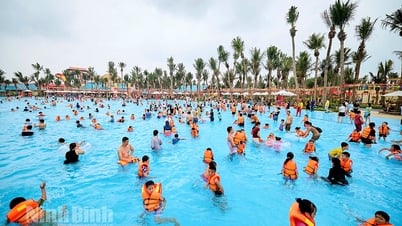
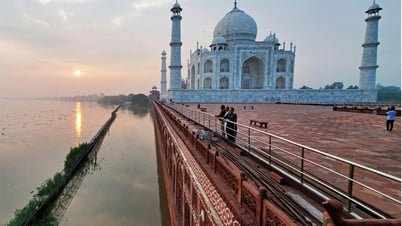


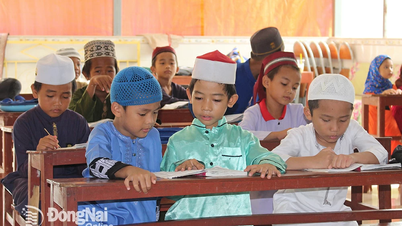












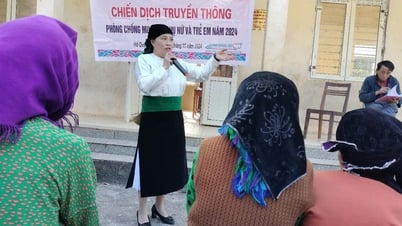

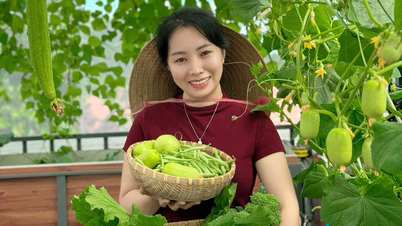






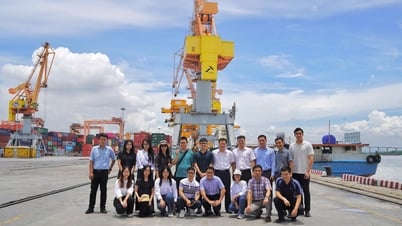

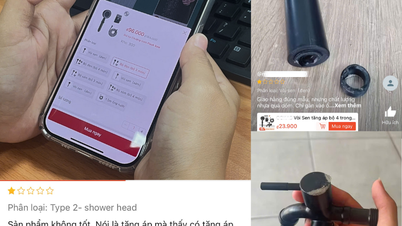
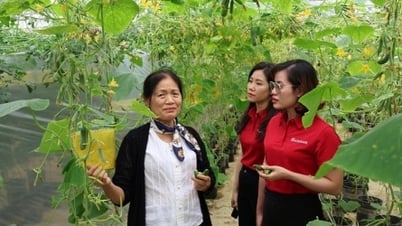
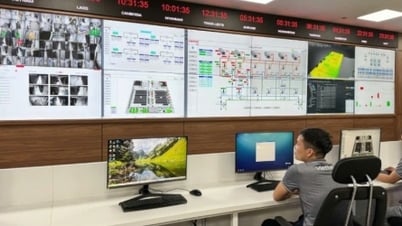
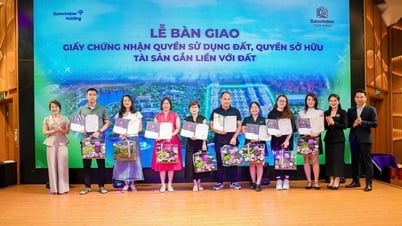





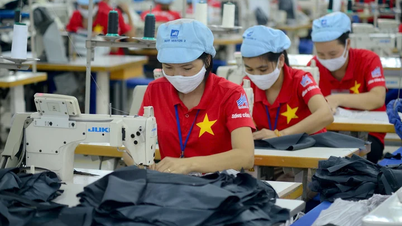





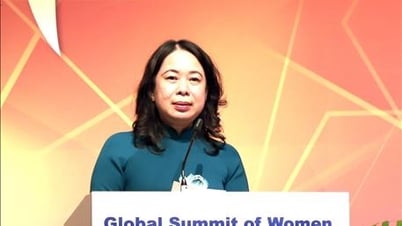

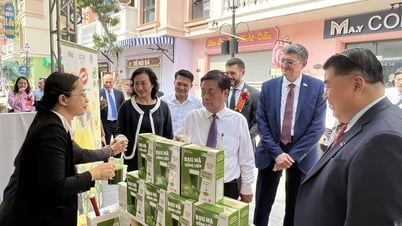

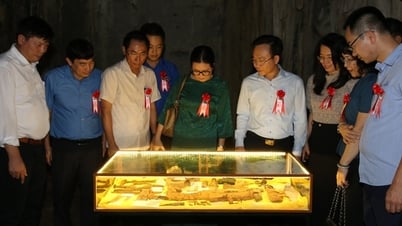








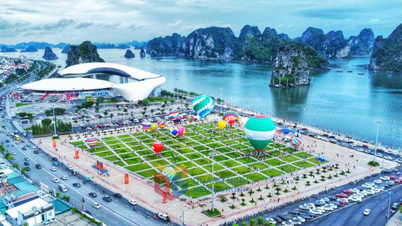

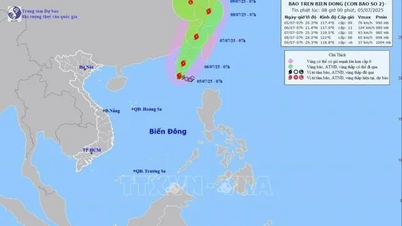

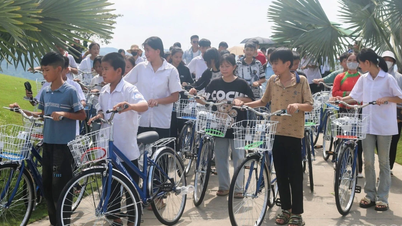

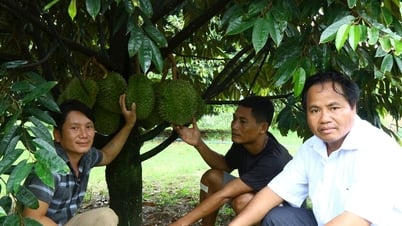

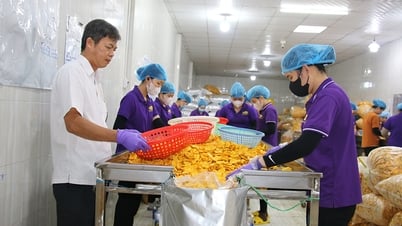

![[OCOP REVIEW] Bay Quyen sticky rice cake: A hometown specialty that has reached new heights thanks to its brand reputation](https://vphoto.vietnam.vn/thumb/402x226/vietnam/resource/IMAGE/2025/7/3/1a7e35c028bf46199ee1ec6b3ba0069e)


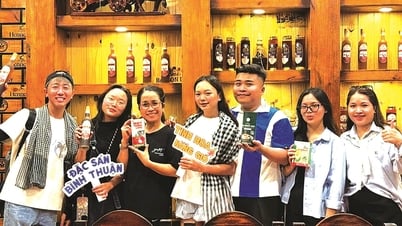
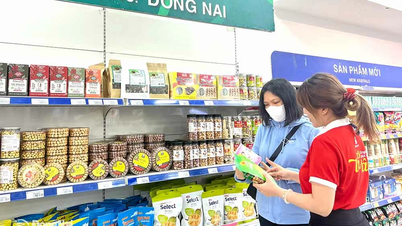



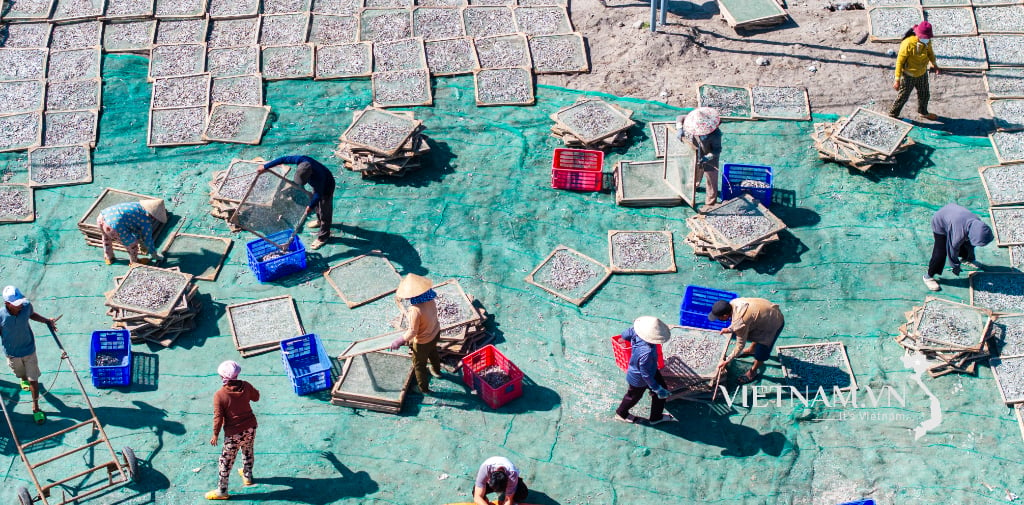

Comment (0)